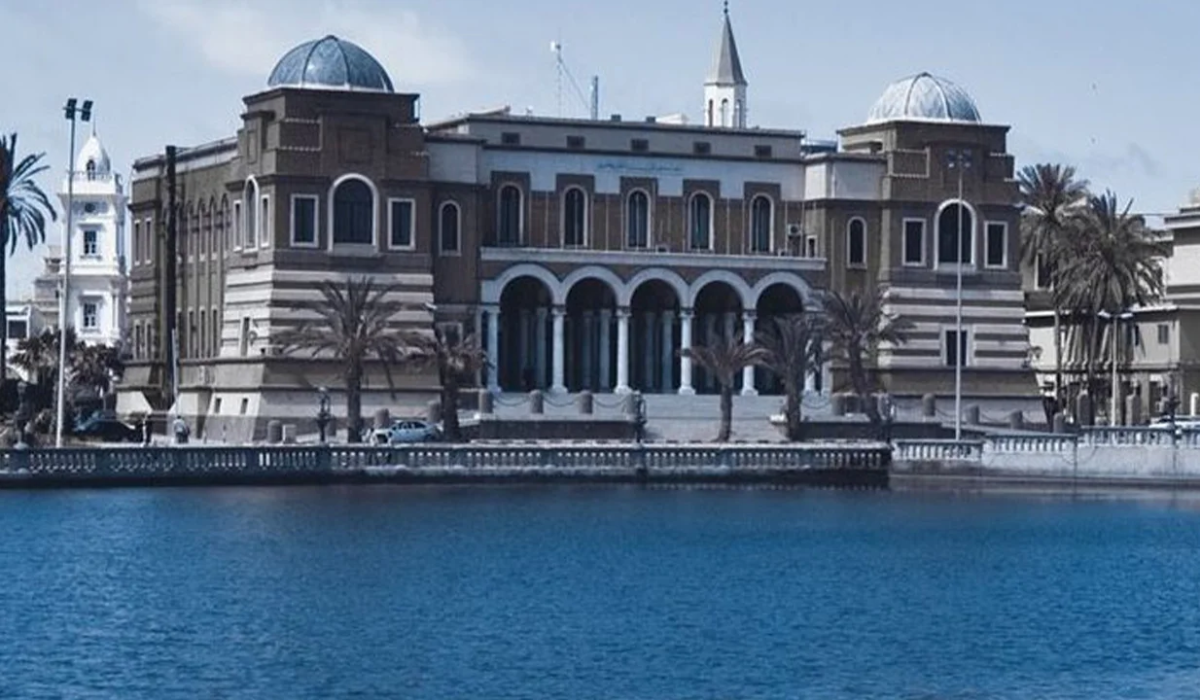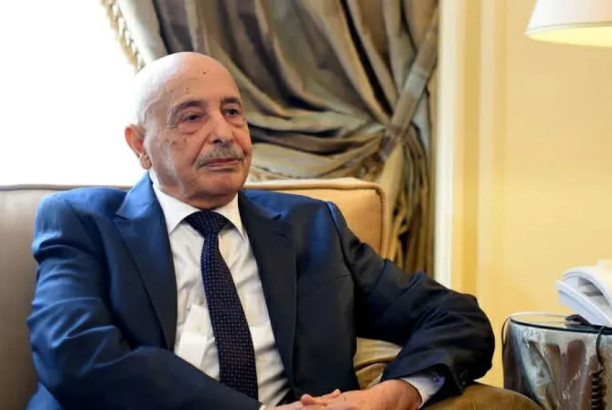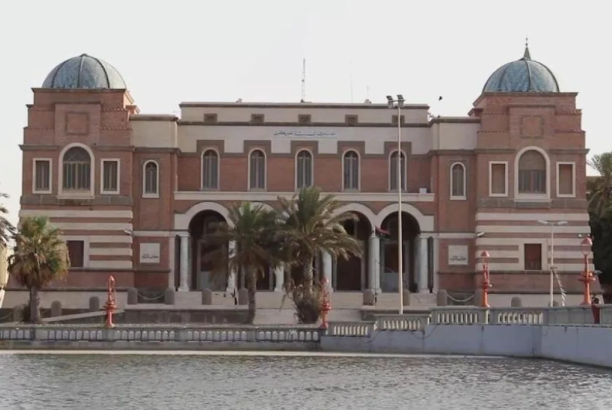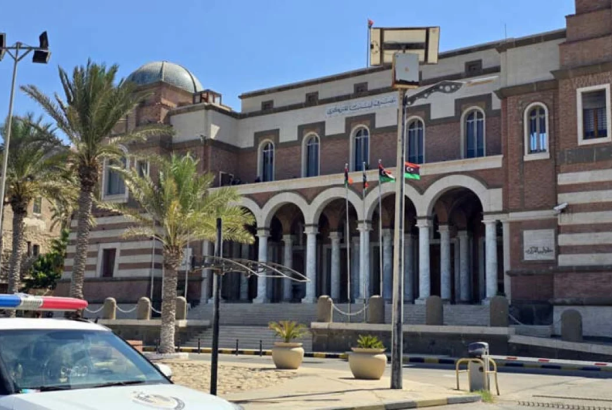
| News
Exclusive: Wali Writes: “For Sustainable Economic Stability and a Constant, Fixed Exchange Rate”
Economist Ibrahim Wali has written an article exclusively for Sada Economic Newspaper, where he shared his insights:
“To date, the Central Bank of Libya has made commendable progress that is well-received by citizens and the Libyan monetary market. However, these steps are temporary unless they are accompanied by a missing fiscal policy and a dormant commercial policy, notably the Ministry of Economy. One hand cannot clap; the Central Bank cannot last for more than six months to a year without the cooperation of the Ministry of Finance and the Ministry of Economy, which is currently ineffective. Economic policy is formulated at the national level, and it requires the coordination of the three key policies: monetary, fiscal, and commercial.
Sustainable economic stability means a continuously fixed exchange rate, financial stability free from parallel spending and waste of public funds, and a commercial stability reflected in reduced prices for basic goods, medicine, and the necessities of life for the ordinary citizen. This is the responsibility of the Ministry of Economy, which is currently dormant. To date, we have not seen or heard of a meeting that gathers the representatives of the three policies— the Governor of the Central Bank of Libya, the Minister of Finance, and the Minister of Economy— to discuss the intertwined policies. They are each working independently.
It is evident that the Ministries of Finance and Economy are not concerned with fluctuations in the exchange rate. They leave it to the Central Bank to perform a miracle by handling the exchange rate and providing hard currency, which, in turn, depends solely on oil sales. If oil ports are closed or if oil prices fall below $72 per barrel, the Ministry of Finance will be unable to pay salaries.
Reform begins with fiscal policy first, before monetary policy, because fiscal policy controls revenue collection and expenditure. If expenditure contradicts or conflicts with monetary policy, it will certainly undermine it. Here, the blame falls on the Central Bank, which is criticized for failing in its monetary policy, but the real issue lies in the fiscal and commercial policies that have not aligned with the monetary policy.
Therefore, it is premature to judge the measures taken by the Central Bank. They represent a step in the right direction, but they are temporary and will not last beyond six months to a year unless fiscal and commercial policies align. Otherwise, the Central Bank will be unable to maintain a stable exchange rate and will struggle to provide hard currency for the two competing governments—one in the east and one in the west—due to parallel spending. The concern with these measures is that they were implemented all at once, which could succeed but is questionable, given the aforementioned risks. They could also fail, leading to worse consequences.
As for this year, I, along with some colleagues in the banking sector, believe the Central Bank should have delayed certain measures until a meeting with its board of directors could formulate a strategy for monetary policy. This meeting should include the Ministries of Finance and Economy to establish a unified national strategy for monetary, fiscal, and commercial policies aimed at ensuring exchange rate stability, controlling parallel spending, consolidating a unified budget for both governments, and addressing food and medicine prices to improve the living conditions of the Libyan people. This approach is essential to avoid a scenario where monetary policy remains stable temporarily, but a year later, things could take a turn for the worse, God forbid.”





